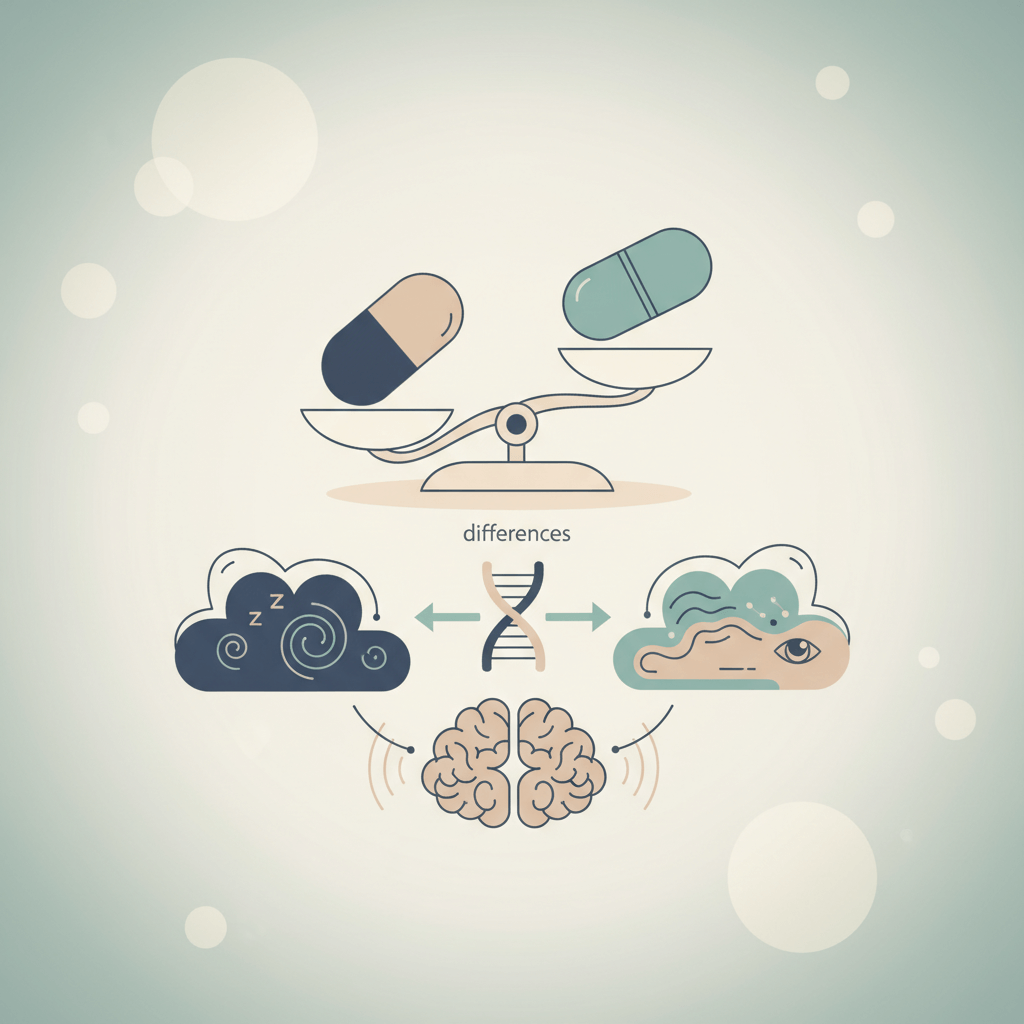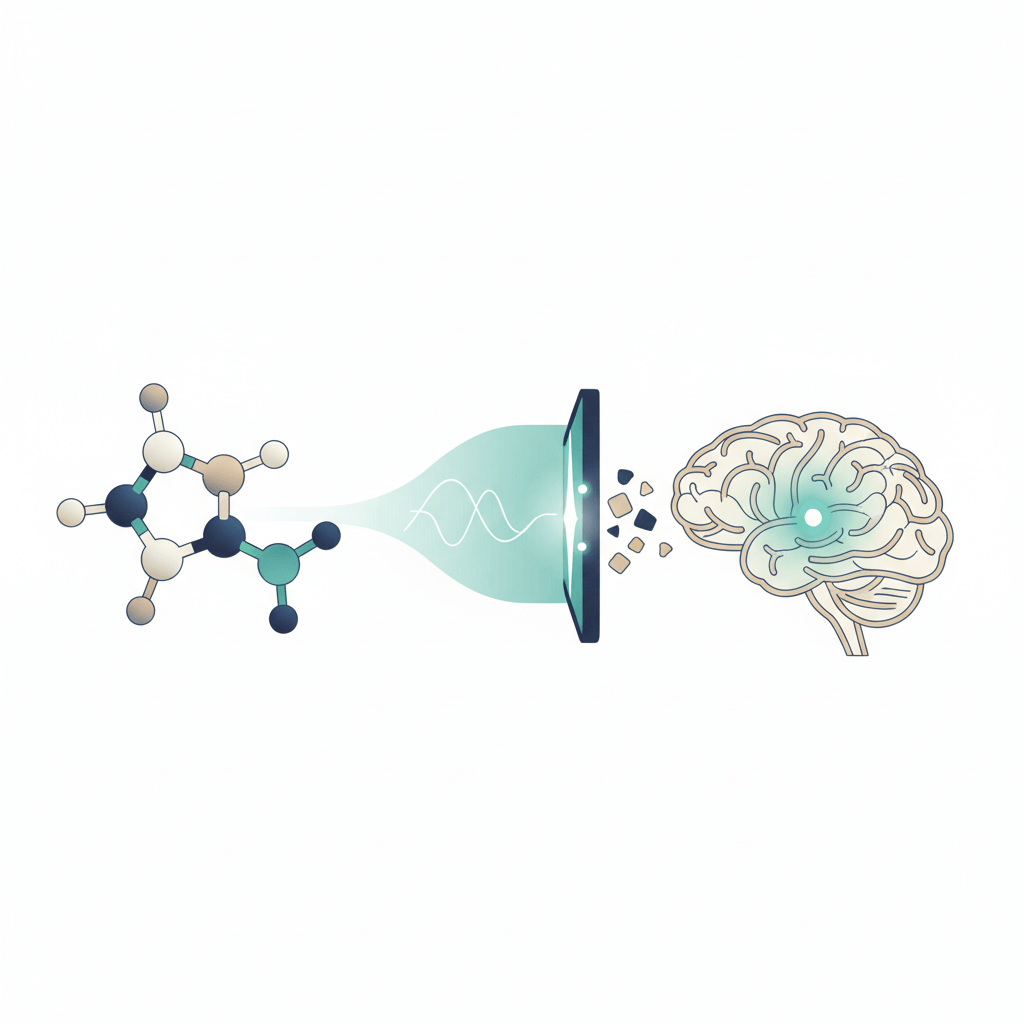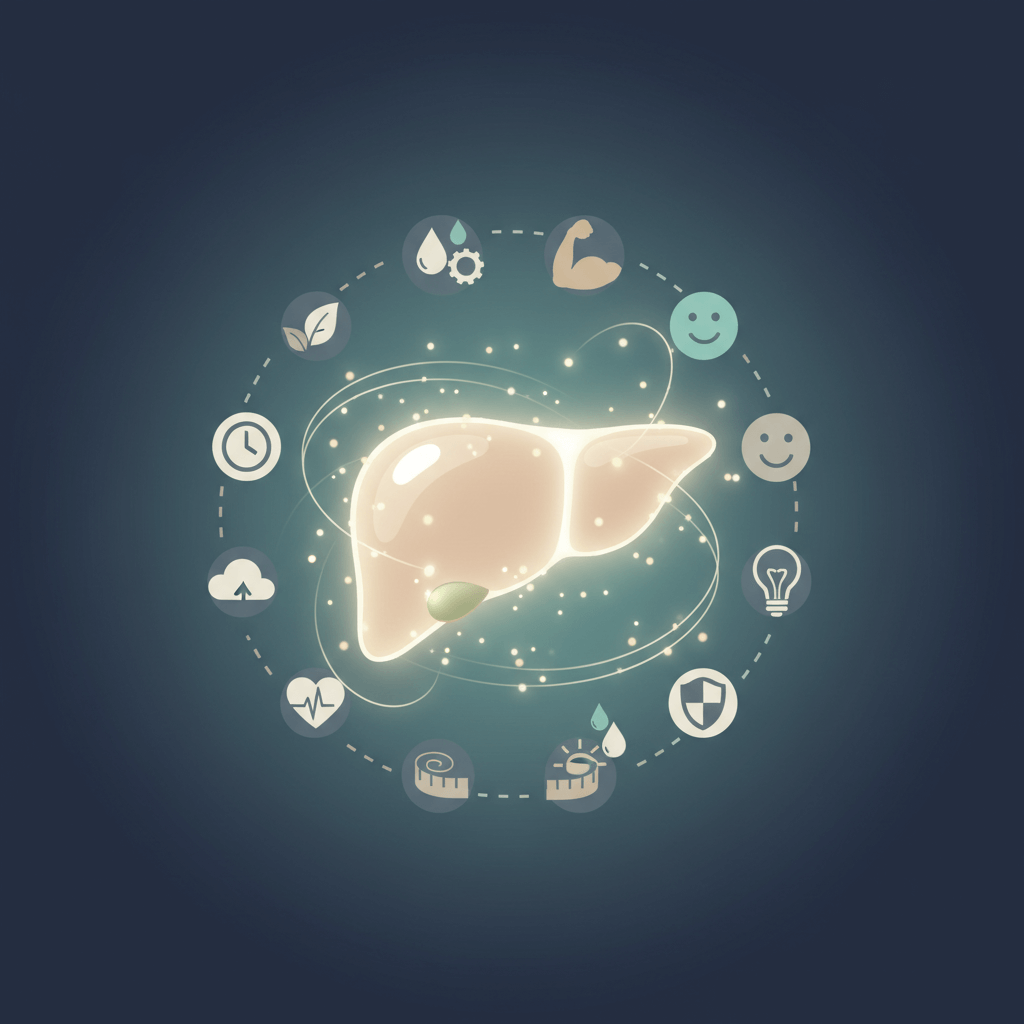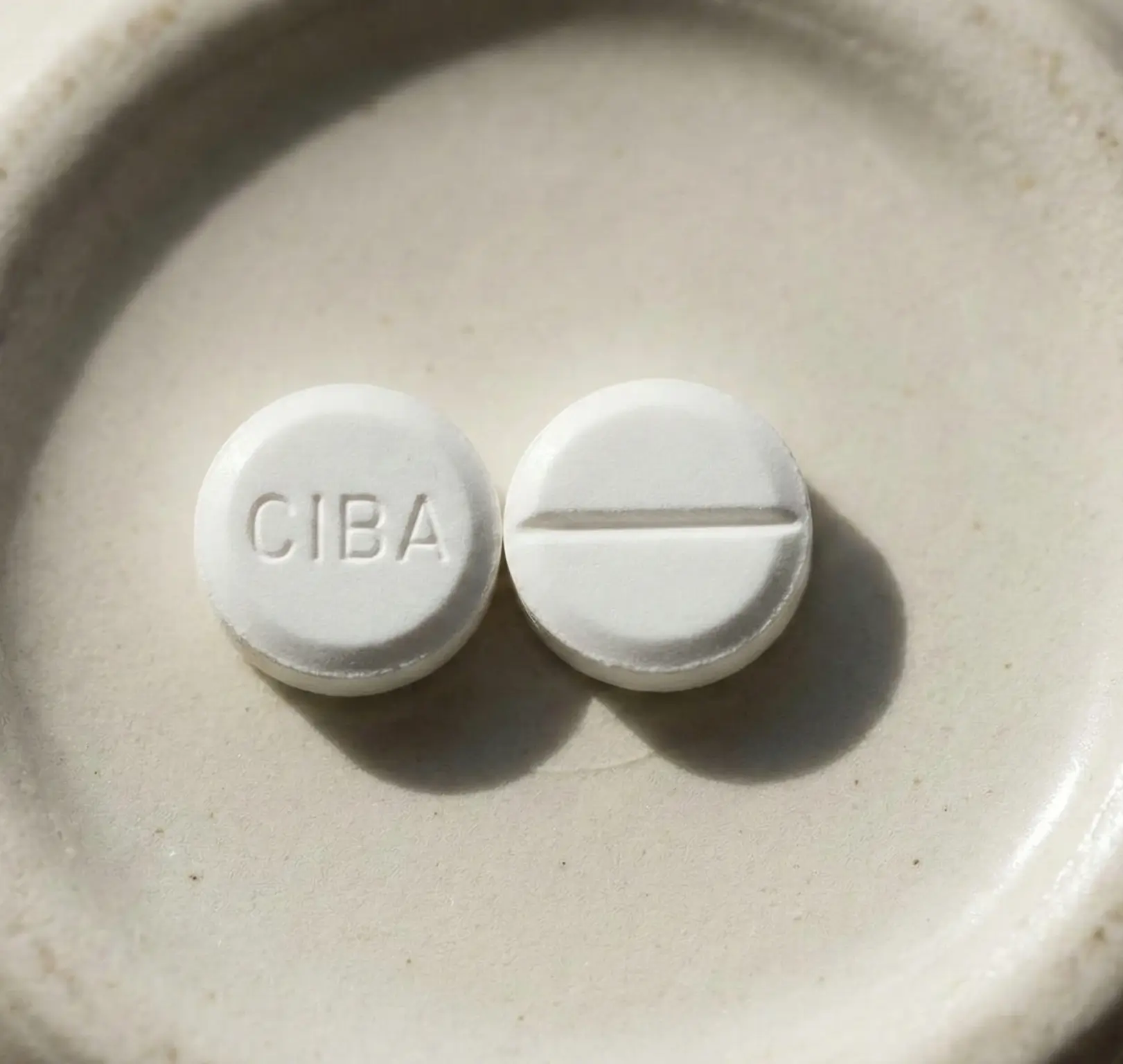Substance Abuse Treatment in OKC
Substance abuse and addiction can have a significant impact on individuals and their loved ones. It is crucial to understand substance abuse and addiction to recognize the importance of seeking treatment. In the city of Oklahoma City (OKC), there are various options available to support individuals on their recovery journey.
Understanding Substance Abuse and Addiction
Substance abuse refers to the misuse or excessive use of drugs or alcohol that leads to negative consequences on physical and mental health, relationships, and overall well-being. Addiction, on the other hand, is a chronic disease characterized by compulsive drug-seeking and use, despite harmful consequences.

Substance abuse and addiction can affect people from all walks of life, regardless of age, gender, or socioeconomic status. It is essential to recognize that addiction is not a moral failing but a complex health condition that requires professional treatment.
The Importance of Seeking Treatment
Seeking treatment for substance abuse and addiction is a crucial step towards recovery and reclaiming a fulfilling life. Treatment programs in OKC provide individuals with the necessary tools, support, and guidance to overcome addiction and build a foundation for long-term recovery.
By seeking treatment, individuals can benefit from:
- Professional Guidance: Treatment programs in OKC are staffed with experienced professionals who specialize in addiction recovery. These professionals provide evidence-based therapies and interventions tailored to meet the unique needs of each individual.
- Safe and Supportive Environment: Treatment centers offer a safe and supportive environment where individuals can focus on their recovery without external triggers or influences. Inpatient drug rehab in OKC provides around-the-clock care, while outpatient drug rehab in OKC offers flexibility for individuals who prefer to live at home during treatment.
- Comprehensive Treatment Approaches: Substance abuse treatment programs in OKC utilize a combination of therapies, including individual counseling, group therapy, and holistic approaches. These approaches address the physical, psychological, and emotional aspects of addiction.
- Relapse Prevention Strategies: Treatment programs equip individuals with relapse prevention strategies, coping skills, and tools to manage cravings and triggers. These skills help individuals navigate challenges and maintain sobriety even after completing the treatment program.
It's important to remember that recovery is a journey, and seeking treatment is the first step towards a healthier and more fulfilling life. If you or someone you know is struggling with substance abuse, reach out to an addiction recovery center in OKC for guidance and support.
In the next section, we will explore the different types of substance abuse treatment available in OKC, including inpatient treatment programs, outpatient treatment programs, and medication-assisted treatment.
Types of Substance Abuse Treatment
When it comes to substance abuse treatment, there are various options available to individuals seeking help in the OKC area. The choice of treatment depends on factors such as the severity of addiction, personal circumstances, and individual needs. In this section, we will explore three common types of substance abuse treatment: inpatient treatment programs, outpatient treatment programs, and medication-assisted treatment.
Inpatient Treatment Programs
Inpatient treatment programs, also known as residential treatment programs, provide a structured and intensive approach to substance abuse treatment. These programs require individuals to reside at a treatment facility for a specified duration, which can range from a few weeks to several months, depending on the individual's needs.
In an inpatient treatment program, individuals receive 24/7 care and support from a multidisciplinary team of healthcare professionals. The program typically includes individual therapy, group therapy, family therapy, and educational sessions to address the physical, psychological, and emotional aspects of addiction.
The duration of inpatient treatment allows individuals to focus solely on their recovery without the distractions and triggers of the outside world. It provides a supportive and controlled environment where individuals can learn coping mechanisms, develop relapse prevention strategies, and build a foundation for long-term recovery.
Outpatient Treatment Programs
Outpatient treatment programs offer more flexibility than inpatient programs, allowing individuals to receive treatment while still living at home and attending to their daily responsibilities. These programs are suitable for individuals with a stable support system and a moderate level of addiction.
In an outpatient treatment program, individuals attend therapy and counseling sessions at scheduled times, typically several times a week. This may include individual counseling, group therapy, and educational sessions focused on addiction recovery.
Outpatient treatment provides individuals with the opportunity to apply the skills learned in treatment to their everyday lives, allowing for a smoother transition into sobriety. It also allows individuals to maintain their work, school, or family commitments while receiving the necessary support and guidance to overcome addiction.
Medication-Assisted Treatment
Medication-assisted treatment (MAT) combines medications with therapy and counseling to address substance abuse disorders. This approach is commonly used for individuals struggling with opioid or alcohol addiction. Medications, when used in conjunction with therapy, can help individuals manage cravings and withdrawal symptoms, increasing the chances of successful recovery.
MAT programs typically involve the use of FDA-approved medications, such as methadone, buprenorphine, or naltrexone, alongside counseling and behavioral therapies. The medications help stabilize brain chemistry, reduce cravings, and block the effects of drugs or alcohol.
It's important to note that medication-assisted treatment is not a standalone solution but rather a comprehensive approach to addiction treatment. The therapy and counseling components of MAT address the psychological and behavioral aspects of addiction, promoting long-term recovery.
Choosing the right type of substance abuse treatment is crucial for a successful recovery journey. It's recommended to consult with professionals, such as addiction recovery centers in OKC, to determine which treatment option aligns best with individual needs and circumstances. Additionally, recovery support groups in OKC can provide additional support and guidance throughout the recovery process.
Finding the Right Treatment Center
When seeking substance abuse treatment in OKC, it is crucial to find the right treatment center that aligns with an individual's needs and preferences. This section will guide individuals in finding the most suitable treatment center by exploring the process of researching treatment centers, evaluating treatment programs, and considering individual needs and preferences.
Researching Treatment Centers
Researching treatment centers is an essential step in finding the right fit. It is crucial to gather information about each treatment center to make an informed decision. Some key factors to consider during the research process include:
- Accreditation: Look for treatment centers that are accredited by reputable organizations such as the Commission on Accreditation of Rehabilitation Facilities (CARF) or the Joint Commission. Accreditation ensures that the treatment center meets recognized standards of care.
- Treatment Approaches: Explore the different treatment approaches offered by each center. Some treatment centers may focus on specific modalities, such as cognitive-behavioral therapy (CBT) or holistic therapies. Consider which approach resonates most with your recovery goals.
- Specialized Programs: Determine if the treatment center offers specialized programs tailored to specific populations, such as gender-specific programs, programs for veterans, or programs for individuals with co-occurring mental health disorders.
- Facility Amenities: Assess the facilities and amenities provided by each treatment center. Factors such as comfortable accommodations, recreational activities, and access to outdoor spaces can contribute to a positive treatment experience.
Evaluating Treatment Programs
Once a list of potential treatment centers has been compiled, evaluating the treatment programs offered by each center is the next step. Consider the following factors when evaluating treatment programs:
- Treatment Duration: Determine the length of the treatment program. Some programs may last for a few weeks, while others may span several months. Choosing a program that aligns with your treatment needs and availability is crucial.
- Therapeutic Services: Assess the range of therapeutic services provided by each treatment center. Look for programs that offer evidence-based therapies, such as individual counseling, group therapy, family therapy, and specialized therapies for trauma or dual diagnosis.
- Medical Support: Consider the level of medical support available at each treatment center. This may include medical detoxification services, access to healthcare professionals, and medication management for individuals undergoing medication-assisted treatment (MAT).
Considering Individual Needs and Preferences
Every individual's journey to recovery is unique, and it is essential to consider personal needs and preferences when choosing a treatment center. Some factors to consider include:
- Location: Evaluate whether you prefer a treatment center close to home or one in a different location. Some individuals find it beneficial to attend treatment away from their usual environment to minimize triggers and distractions.
- Cost and Insurance Coverage: Assess the cost of treatment and determine if it aligns with your budget. Additionally, check if the treatment center accepts your insurance provider to help manage expenses.
- Aftercare and Support: Consider the availability of aftercare and ongoing support services. A strong aftercare program can significantly contribute to a successful and sustained recovery.
By thoroughly researching treatment centers, evaluating treatment programs, and considering individual needs and preferences, individuals can find a treatment center that provides the necessary support for their recovery journey. Remember, seeking professional help is a courageous step toward overcoming substance abuse and embracing a healthier, more fulfilling life.
Navigating the Recovery Process
Once an individual decides to seek treatment for substance abuse, they embark on a journey of recovery. Navigating the recovery process involves various stages and strategies to promote healing and long-term sobriety. This section will explore three essential components of the recovery process: detoxification, therapy and counseling, and support groups and aftercare.
Detoxification
Detoxification, often referred to as detox, is the initial step in the recovery process. It involves the removal of harmful substances from the body. During detox, individuals may experience withdrawal symptoms as their bodies adjust to the absence of the substances they were dependent on.
Detoxification can be challenging and potentially dangerous, which is why it is crucial to undergo this process under medical supervision. Medical professionals can provide support, manage withdrawal symptoms, and ensure the safety and comfort of the individual. Detoxification is often conducted in specialized detox centers, hospitals, or inpatient drug rehab facilities.
Therapy and Counseling
Therapy and counseling play a vital role in the recovery process. These interventions help individuals address the underlying factors contributing to substance abuse and develop coping mechanisms to maintain sobriety. Different therapeutic approaches may be utilized, including individual therapy, group therapy, and family therapy.
Individual therapy allows individuals to work one-on-one with a trained therapist to explore personal challenges, develop insight, and set goals for recovery. Group therapy provides a supportive environment where individuals can share their experiences, receive feedback, and learn from others facing similar struggles. Family therapy involves the participation of family members to improve communication, rebuild relationships, and foster a supportive home environment.
Cognitive-behavioral therapy (CBT), dialectical behavior therapy (DBT), and motivational interviewing are common therapeutic techniques used in substance abuse treatment. These evidence-based approaches help individuals develop healthier thought patterns, manage emotions, and build motivation for change.
Support Groups and Aftercare
Support groups and aftercare programs are essential components of long-term recovery. Support groups, such as Alcoholics Anonymous (AA) and Narcotics Anonymous (NA), provide a sense of community and fellowship for individuals in recovery. These groups offer a platform to share experiences, receive encouragement, and learn relapse prevention strategies from others who have walked a similar path.
After completing a formal treatment program, individuals may transition to aftercare programs. Aftercare programs offer continued support and guidance to help individuals maintain their sobriety. These programs may include ongoing therapy sessions, regular check-ins with a counselor or sponsor, and participation in recovery support groups.
It's important to remember that recovery is a lifelong journey. Support groups and aftercare programs provide individuals with the tools and support they need to navigate the challenges that may arise on their path to lasting sobriety.
By addressing the physical, psychological, and social aspects of substance abuse, the recovery process becomes a comprehensive approach to achieving and maintaining a drug-free life. Detoxification, therapy and counseling, and ongoing support through support groups and aftercare programs contribute to a well-rounded recovery journey. Remember, no one has to navigate this road alone. Help and resources are available to support individuals every step of the way.
Additional Resources and Support
Along the recovery journey from substance abuse, it's important to have access to additional resources and support systems. These resources can provide guidance, encouragement, and assistance to individuals seeking to overcome addiction. In OKC, there are various local support groups and organizations, helplines and hotlines, as well as online resources available to aid in the recovery process.
Local Support Groups and Organizations
Local support groups and organizations play a vital role in providing a sense of community and understanding for individuals in recovery. These groups often consist of peers who have gone through similar experiences and can offer valuable insights and support. Some well-known support groups and organizations in OKC include:
Support Group/Organization and Description
Addiction Recovery Centers in OKC: Offers comprehensive addiction recovery programs and resources, including counseling, therapy, and support groups tailored to individual needs.
Recovery Support Groups in OKC: Provides a safe and non-judgmental space for individuals in recovery to share their experiences, receive support, and learn coping strategies.
Helplines and Hotlines
Helplines and hotlines are available 24/7 to provide immediate assistance, information, and support to individuals struggling with substance abuse. Trained professionals and volunteers are ready to listen, offer advice, and guide individuals towards appropriate resources and treatment options. Some helplines and hotlines in OKC include:
Helpline/Hotline and Description
National Helpline for Substance Abuse and Mental Health: Provides confidential, free, and 24/7 support in English and Spanish for individuals seeking information, treatment referrals, and crisis intervention. Call 1-800-662-HELP (4357).
Oklahoma Helpline: Offers assistance and support for substance abuse, mental health issues, and general crisis situations. Call 2-1-1 or visit their website for more information.
Online Resources for Recovery
Online resources can be a valuable supplement to other forms of support, offering a wealth of information, self-help tools, and virtual communities. These resources provide educational materials, forums, and access to counseling services, allowing individuals to access support from the comfort of their own homes. Some reliable online resources for recovery include:
Online Resource and Description
Substance Abuse and Mental Health Services Administration (SAMHSA): SAMHSA provides a comprehensive range of information and resources related to substance abuse and mental health, including treatment locators, educational materials, and recovery support tools. Visit their website for more information.
SMART Recovery Online: Offers a science-based approach to recovery through online meetings, forums, and resources. SMART Recovery focuses on self-empowerment and provides tools for managing addictive behaviors. Visit their website for more information.
By utilizing these additional resources and support systems, individuals in recovery can enhance their journey towards a healthier and happier life. Whether through local support groups, helplines, or online resources, assistance is readily available for those seeking guidance and encouragement along the path to recovery. Remember, reaching out for support is a courageous step towards a brighter future.
Sources
Alcohol, Drug, and other Rehab Centers in Oklahoma City
Substance Abuse and Mental Health Services Administration (SAMHSA)













